CHANGE MANAGEMENT 8 stages of change Creating urgency.

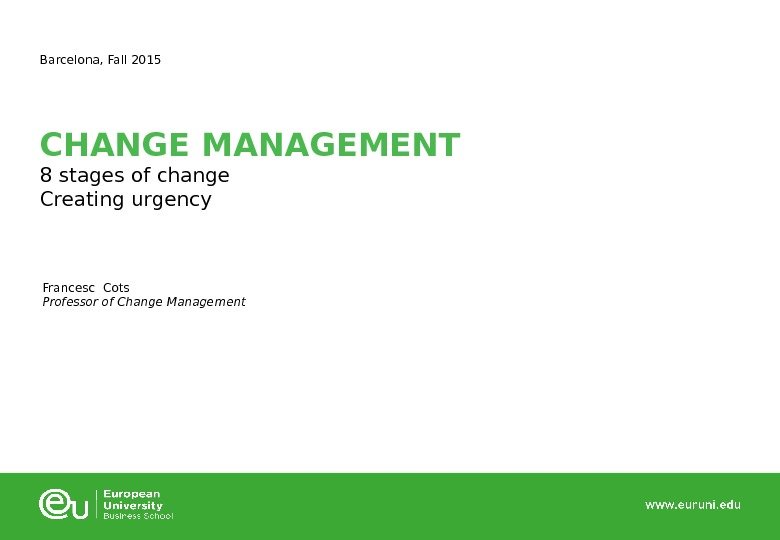
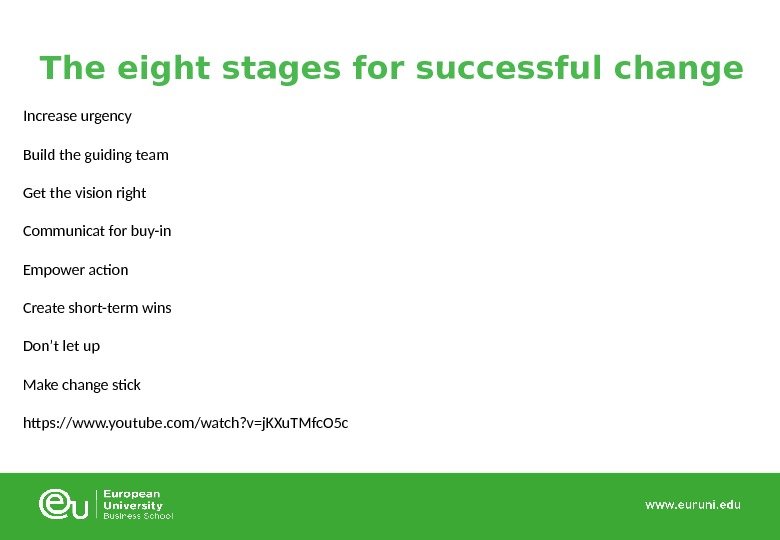
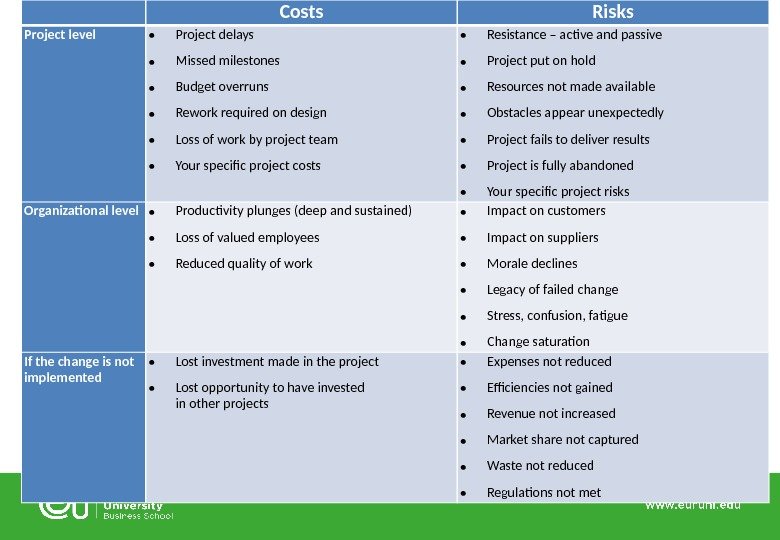
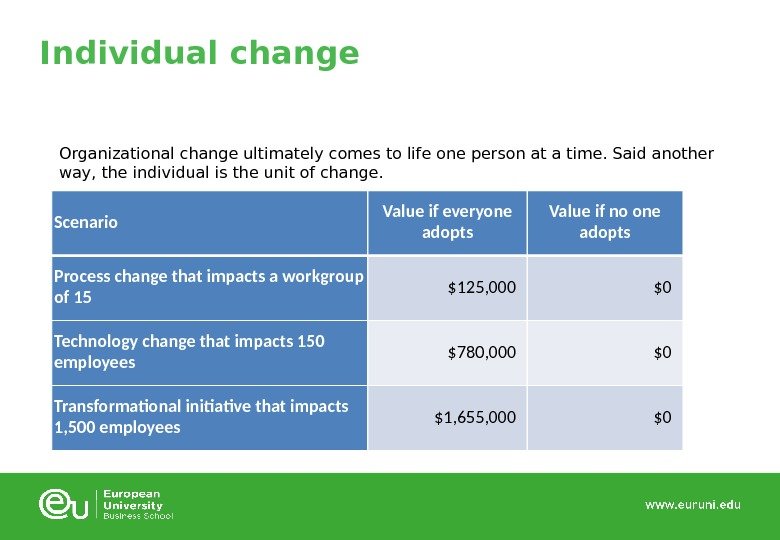
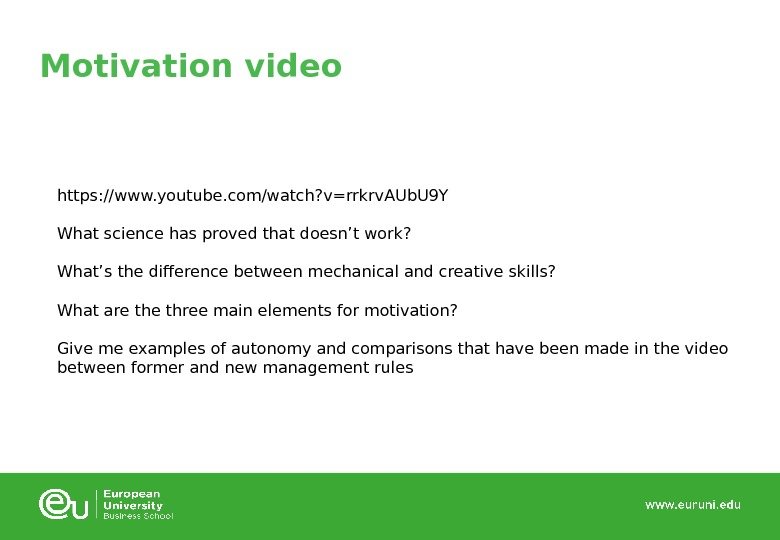
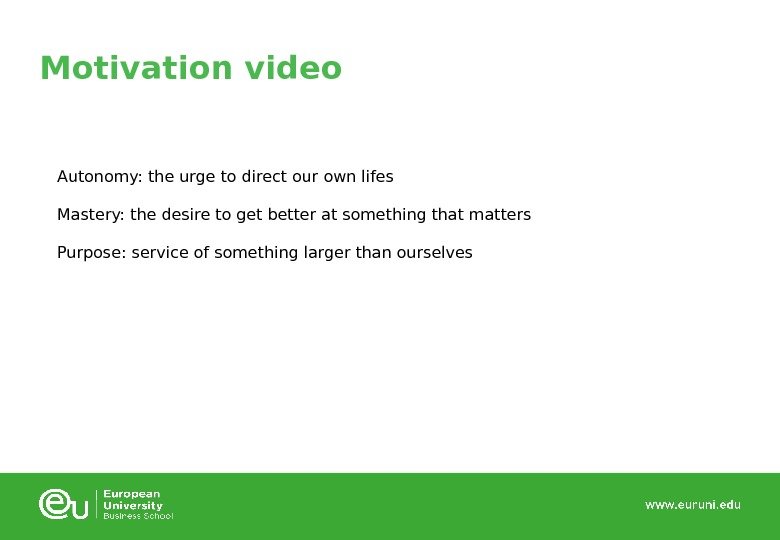
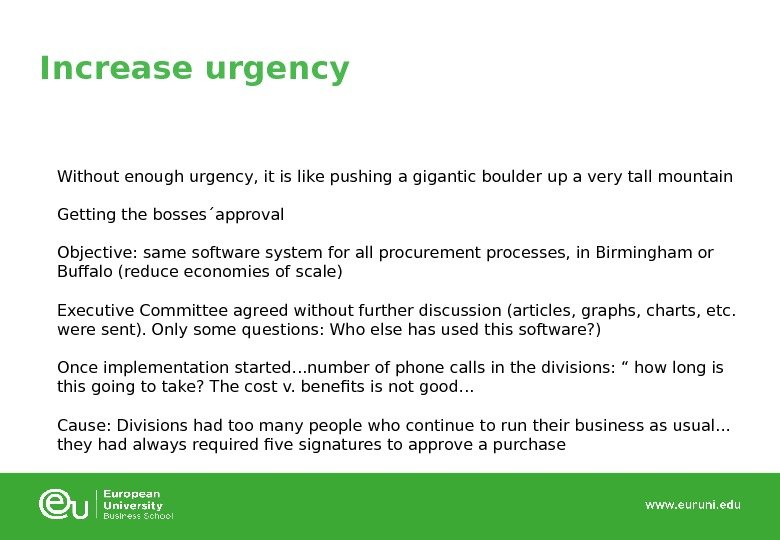
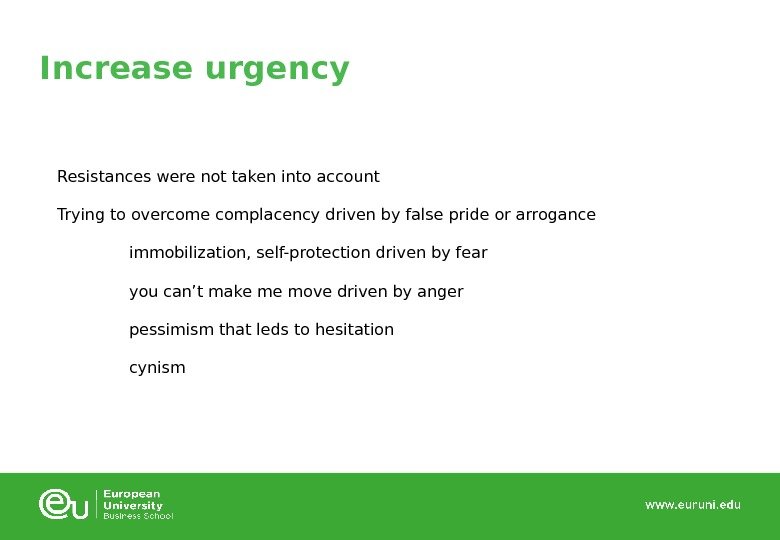
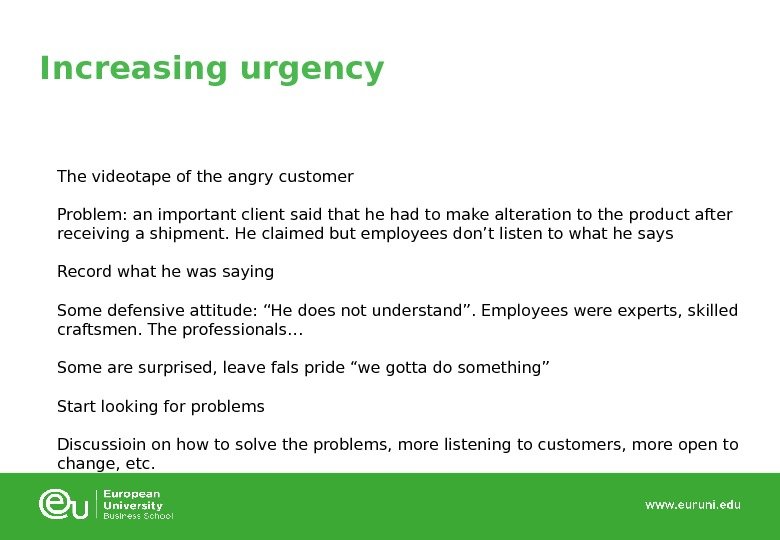
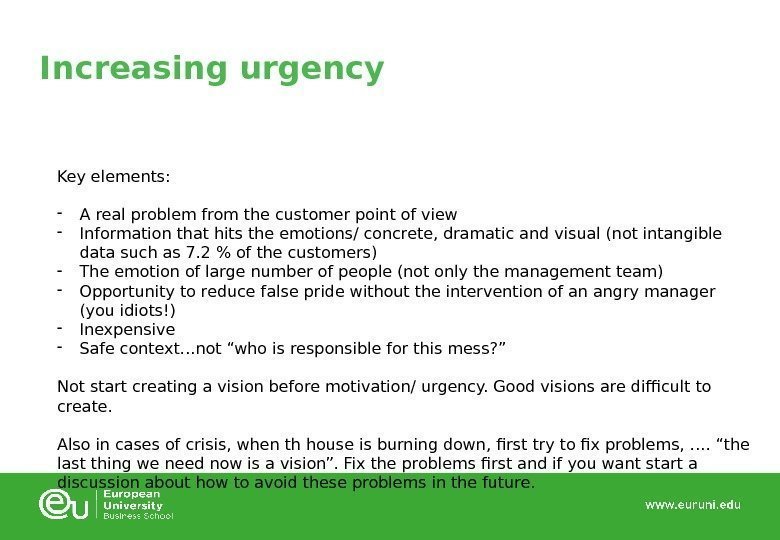
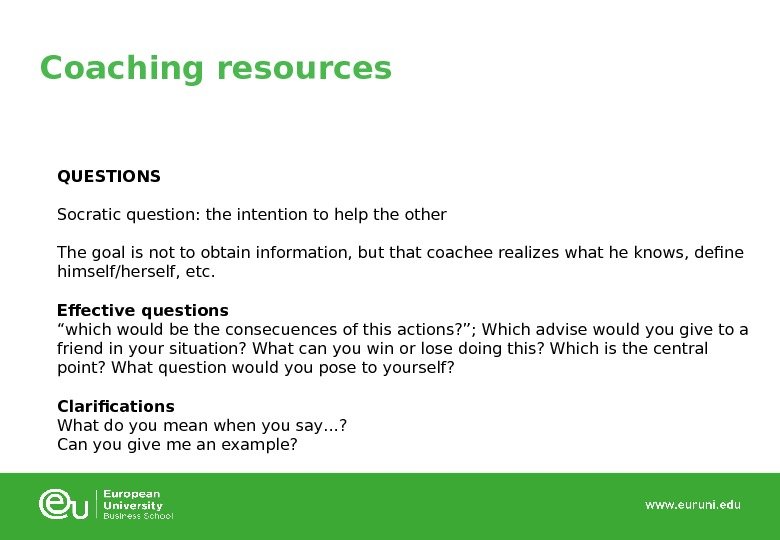
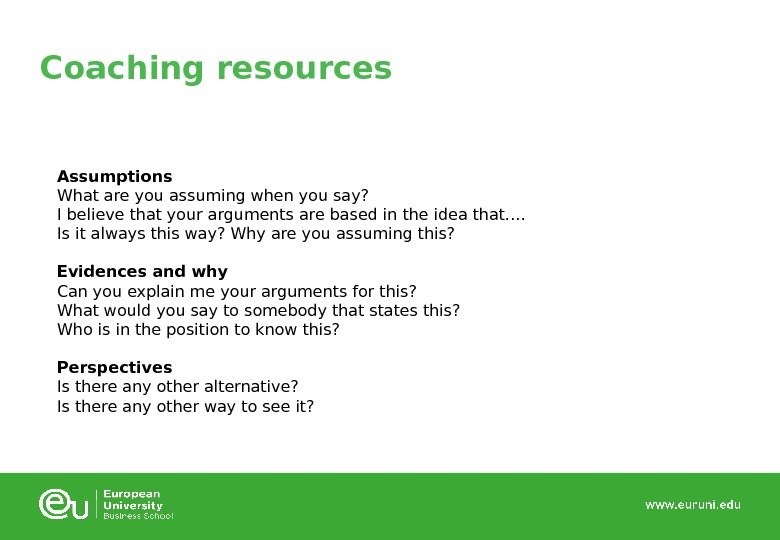
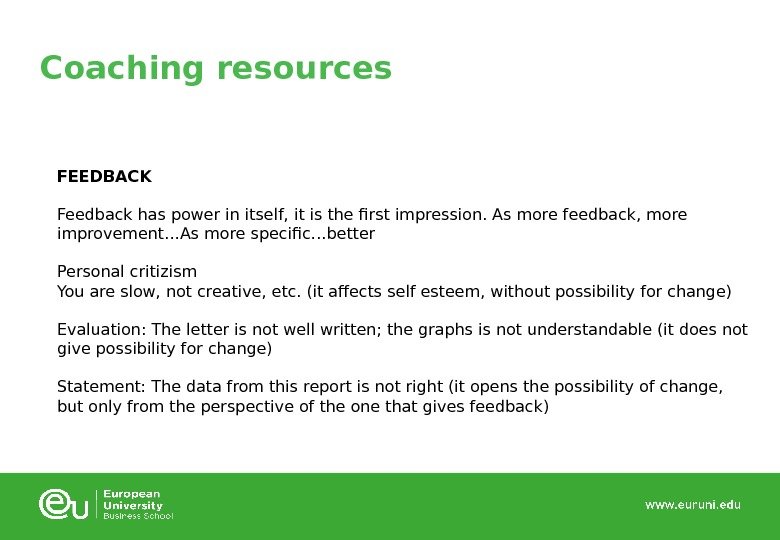
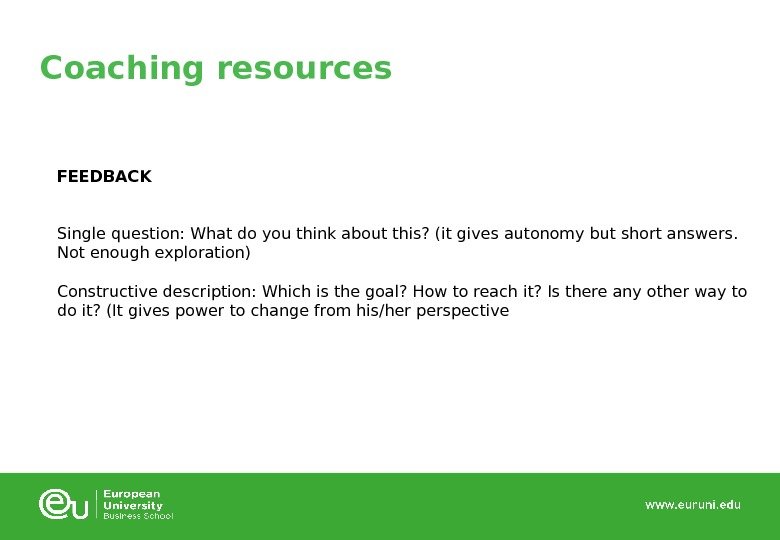
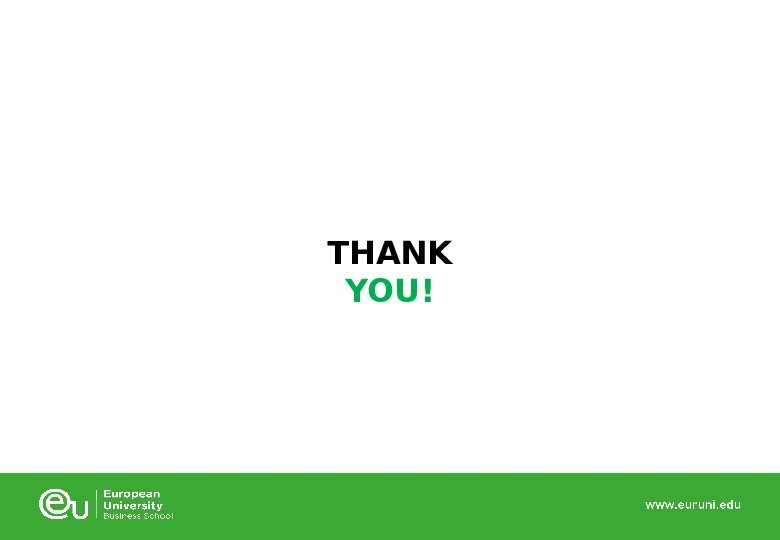
introductory_elements_of_change_management_topic_2.pptx
- Размер: 535.1 Кб
- Автор:
- Количество слайдов: 15
Описание презентации CHANGE MANAGEMENT 8 stages of change Creating urgency. по слайдам
 CHANGE MANAGEMENT 8 stages of change Creating urgency. Barcelona, Fall 2015 Francesc Cots Professor of Change Management
CHANGE MANAGEMENT 8 stages of change Creating urgency. Barcelona, Fall 2015 Francesc Cots Professor of Change Management
 The eight stages for successful change Increase urgency Build the guiding team Get the vision right Communicat for buy-in Empower action Create short-term wins Don’t let up Make change stick https: //www. youtube. com/watch? v=j. KXu. TMfc. O 5 c
The eight stages for successful change Increase urgency Build the guiding team Get the vision right Communicat for buy-in Empower action Create short-term wins Don’t let up Make change stick https: //www. youtube. com/watch? v=j. KXu. TMfc. O 5 c
 Consequences of mismanaging change Costs Risks Project level Project delays Missed milestones Budget overruns Rework required on design Loss of work by project team Your specific project costs Resistance – active and passive Project put on hold Resources not made available Obstacles appear unexpectedly Project fails to deliver results Project is fully abandoned Your specific project risks Organizational level Productivity plunges (deep and sustained) Loss of valued employees Reduced quality of work Impact on customers Impact on suppliers Morale declines Legacy of failed change Stress, confusion, fatigue Change saturation If the change is not implemented Lost investment made in the project Lost opportunity to have invested in other projects Expenses not reduced Efficiencies not gained Revenue not increased Market share not captured Waste not reduced Regulations not met
Consequences of mismanaging change Costs Risks Project level Project delays Missed milestones Budget overruns Rework required on design Loss of work by project team Your specific project costs Resistance – active and passive Project put on hold Resources not made available Obstacles appear unexpectedly Project fails to deliver results Project is fully abandoned Your specific project risks Organizational level Productivity plunges (deep and sustained) Loss of valued employees Reduced quality of work Impact on customers Impact on suppliers Morale declines Legacy of failed change Stress, confusion, fatigue Change saturation If the change is not implemented Lost investment made in the project Lost opportunity to have invested in other projects Expenses not reduced Efficiencies not gained Revenue not increased Market share not captured Waste not reduced Regulations not met
 Individual change Organizational change ultimately comes to life one person at a time. Said another way, the individual is the unit of change. Scenario Value if everyone adopts Value if no one adopts Process change that impacts a workgroup of 15 $125, 000 $0 Technology change that impacts 150 employees $780, 000 $0 Transformational initiative that impacts 1, 500 employees $1, 655, 000 $
Individual change Organizational change ultimately comes to life one person at a time. Said another way, the individual is the unit of change. Scenario Value if everyone adopts Value if no one adopts Process change that impacts a workgroup of 15 $125, 000 $0 Technology change that impacts 150 employees $780, 000 $0 Transformational initiative that impacts 1, 500 employees $1, 655, 000 $
 Motivation video https: //www. youtube. com/watch? v=rrkrv. AUb. U 9 Y What science has proved that doesn’t work? What’s the difference between mechanical and creative skills? What are three main elements for motivation? Give me examples of autonomy and comparisons that have been made in the video between former and new management rules
Motivation video https: //www. youtube. com/watch? v=rrkrv. AUb. U 9 Y What science has proved that doesn’t work? What’s the difference between mechanical and creative skills? What are three main elements for motivation? Give me examples of autonomy and comparisons that have been made in the video between former and new management rules
 Motivation video Autonomy: the urge to direct our own lifes Mastery: the desire to get better at something that matters Purpose: service of something larger than ourselves
Motivation video Autonomy: the urge to direct our own lifes Mastery: the desire to get better at something that matters Purpose: service of something larger than ourselves
 Increase urgency Without enough urgency, it is like pushing a gigantic boulder up a very tall mountain Getting the bosses´approval Objective: same software system for all procurement processes, in Birmingham or Buffalo (reduce economies of scale) Executive Committee agreed without further discussion (articles, graphs, charts, etc. were sent). Only some questions: Who else has used this software? ) Once implementation started…number of phone calls in the divisions: “ how long is this going to take? The cost v. benefits is not good… Cause: Divisions had too many people who continue to run their business as usual… they had always required five signatures to approve a purchase
Increase urgency Without enough urgency, it is like pushing a gigantic boulder up a very tall mountain Getting the bosses´approval Objective: same software system for all procurement processes, in Birmingham or Buffalo (reduce economies of scale) Executive Committee agreed without further discussion (articles, graphs, charts, etc. were sent). Only some questions: Who else has used this software? ) Once implementation started…number of phone calls in the divisions: “ how long is this going to take? The cost v. benefits is not good… Cause: Divisions had too many people who continue to run their business as usual… they had always required five signatures to approve a purchase
 Increase urgency Resistances were not taken into account Trying to overcome complacency driven by false pride or arrogance immobilization, self-protection driven by fear you can’t make me move driven by anger pessimism that leds to hesitation cynism
Increase urgency Resistances were not taken into account Trying to overcome complacency driven by false pride or arrogance immobilization, self-protection driven by fear you can’t make me move driven by anger pessimism that leds to hesitation cynism
 Increasing urgency The videotape of the angry customer Problem: an important client said that he had to make alteration to the product after receiving a shipment. He claimed but employees don’t listen to what he says Record what he was saying Some defensive attitude: “He does not understand”. Employees were experts, skilled craftsmen. The professionals… Some are surprised, leave fals pride “we gotta do something” Start looking for problems Discussioin on how to solve the problems, more listening to customers, more open to change, etc.
Increasing urgency The videotape of the angry customer Problem: an important client said that he had to make alteration to the product after receiving a shipment. He claimed but employees don’t listen to what he says Record what he was saying Some defensive attitude: “He does not understand”. Employees were experts, skilled craftsmen. The professionals… Some are surprised, leave fals pride “we gotta do something” Start looking for problems Discussioin on how to solve the problems, more listening to customers, more open to change, etc.
 Increasing urgency Key elements: — A real problem from the customer point of view — Information that hits the emotions/ concrete, dramatic and visual (not intangible data such as 7. 2 % of the customers) — The emotion of large number of people (not only the management team) — Opportunity to reduce false pride without the intervention of an angry manager (you idiots!) — Inexpensive — Safe context…not “who is responsible for this mess? ” Not start creating a vision before motivation/ urgency. Good visions are difficult to create. Also in cases of crisis, when th house is burning down, first try to fix problems, …. “the last thing we need now is a vision”. Fix the problems first and if you want start a discussion about how to avoid these problems in the future.
Increasing urgency Key elements: — A real problem from the customer point of view — Information that hits the emotions/ concrete, dramatic and visual (not intangible data such as 7. 2 % of the customers) — The emotion of large number of people (not only the management team) — Opportunity to reduce false pride without the intervention of an angry manager (you idiots!) — Inexpensive — Safe context…not “who is responsible for this mess? ” Not start creating a vision before motivation/ urgency. Good visions are difficult to create. Also in cases of crisis, when th house is burning down, first try to fix problems, …. “the last thing we need now is a vision”. Fix the problems first and if you want start a discussion about how to avoid these problems in the future.
 Coaching resources QUESTIONS Socratic question: the intention to help the other The goal is not to obtain information, but that coachee realizes what he knows, define himself/herself, etc. Effective questions “ which would be the consecuences of this actions? ”; Which advise would you give to a friend in your situation? What can you win or lose doing this? Which is the central point? What question would you pose to yourself? Clarifications What do you mean when you say…? Can you give me an example?
Coaching resources QUESTIONS Socratic question: the intention to help the other The goal is not to obtain information, but that coachee realizes what he knows, define himself/herself, etc. Effective questions “ which would be the consecuences of this actions? ”; Which advise would you give to a friend in your situation? What can you win or lose doing this? Which is the central point? What question would you pose to yourself? Clarifications What do you mean when you say…? Can you give me an example?
 Coaching resources Assumptions What are you assuming when you say? I believe that your arguments are based in the idea that…. Is it always this way? Why are you assuming this? Evidences and why Can you explain me your arguments for this? What would you say to somebody that states this? Who is in the position to know this? Perspectives Is there any other alternative? Is there any other way to see it?
Coaching resources Assumptions What are you assuming when you say? I believe that your arguments are based in the idea that…. Is it always this way? Why are you assuming this? Evidences and why Can you explain me your arguments for this? What would you say to somebody that states this? Who is in the position to know this? Perspectives Is there any other alternative? Is there any other way to see it?
 Coaching resources FEEDBACK Feedback has power in itself, it is the first impression. As more feedback, more improvement…As more specific…better Personal critizism You are slow, not creative, etc. (it affects self esteem, without possibility for change) Evaluation: The letter is not well written; the graphs is not understandable (it does not give possibility for change) Statement: The data from this report is not right (it opens the possibility of change, but only from the perspective of the one that gives feedback)
Coaching resources FEEDBACK Feedback has power in itself, it is the first impression. As more feedback, more improvement…As more specific…better Personal critizism You are slow, not creative, etc. (it affects self esteem, without possibility for change) Evaluation: The letter is not well written; the graphs is not understandable (it does not give possibility for change) Statement: The data from this report is not right (it opens the possibility of change, but only from the perspective of the one that gives feedback)
 Coaching resources FEEDBACK Single question: What do you think about this? (it gives autonomy but short answers. Not enough exploration) Constructive description: Which is the goal? How to reach it? Is there any other way to do it? (It gives power to change from his/her perspective
Coaching resources FEEDBACK Single question: What do you think about this? (it gives autonomy but short answers. Not enough exploration) Constructive description: Which is the goal? How to reach it? Is there any other way to do it? (It gives power to change from his/her perspective
 THANK YOU!
THANK YOU!

